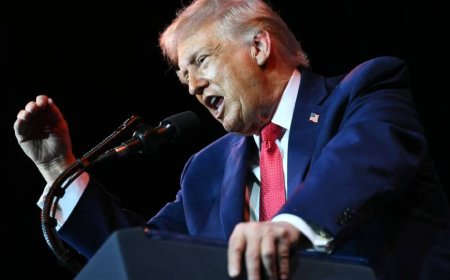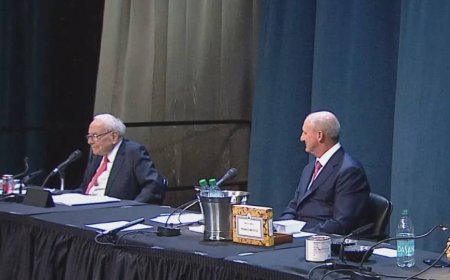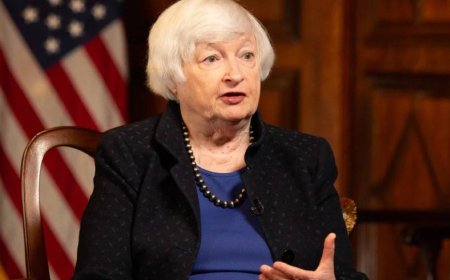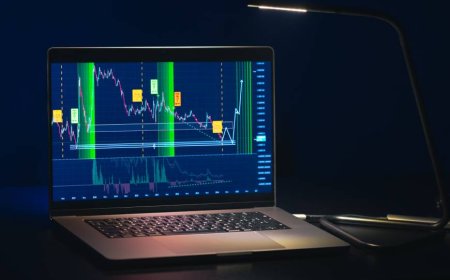Banco de Portugal
The history of the Banco de Portugal shows how its functions and responsibilities have changed over the years in order to meet the needs of the economy and society. The Banco de Portugal, today an integral part of the European System of Central Banks (ESCB) operates in an international and, mostly, European environment marked by the Economic and Monetary Union (EMU). The EMU, whose third and

The history of the Banco de Portugal shows how its functions and responsibilities have changed over the years in order to meet the needs of the economy and society. The Banco de Portugal, today an integral part of the European System of Central Banks (ESCB) operates in an international and, mostly, European environment marked by the Economic and Monetary Union (EMU). The EMU, whose third and final stage started on January 1 1999, implies a single monetary policy, the main features of which are a single currency - the euro - and the creation of a European Central Bank (ECB) and a ESCB. This international environment is also characterised by heightened cooperation. In addition to these aspects of its international environment, the Banco de Portugal participates in the activities of several international organisations, ensuring the international representation of the Portuguese State among them. According to its Organic Law , the "Banco de Portugal, as the central bank of the Portuguese Republic, shall be an integral part of the European System of Central Banks, (ESCB)" and, in that quality, "shall pursue the objectives and shall participate in the performance of the tasks entrusted to the ESCB". According to the European Union (EU) treaty, the "primary objective of the ESCB shall be to maintain price stability". This goal is pursued through the monetary policy. Another important mission specifically assigned to the Bank is to "provide for the stability of the domestic financial system, performing for the purpose the function of lender of last resort". This goal is achieved through the supervision of credit institutions and financial companies. The Bank "shall have the right to issue banknotes, which shall be legal tender and have discharging power" and "shall put into circulation metal coins", although the ECB has "the exclusive right to authorise the issue of banknotes". This function can be combined with another stipulating that "it shall be incumbent on the Bank to regulate, oversee and promote the smooth operation of payment systems, namely within the scope of its participation in the ESCB". In addition to the functions mentioned above, it is also incumbent upon the Banco de Portugal "to manage the foreign assets of the country" and "act as intermediary in the international monetary relations of the State", as well as "to advise the Government in the economic and financial fields" and to "ensure the collection and compilation of the monetary, financial, foreign exchange and balance of payments statistics, particularly, within the scope of its co-operation with the European Central Bank". The management of the Banco de Portugal is carried within a framework marked by large independence from the political power, which implies greater responsibilities in the fields of accountability and transparency.
Address: R. do Ouro, 27, 1100-150 Lisbon, Portugal
Phone: +351 21 321 32 00
FAX: +351 21 346 48 43


































































































































